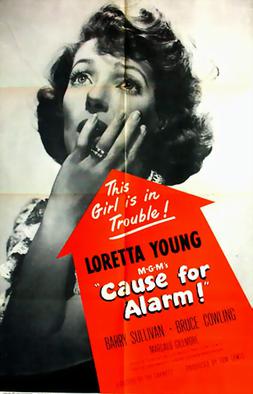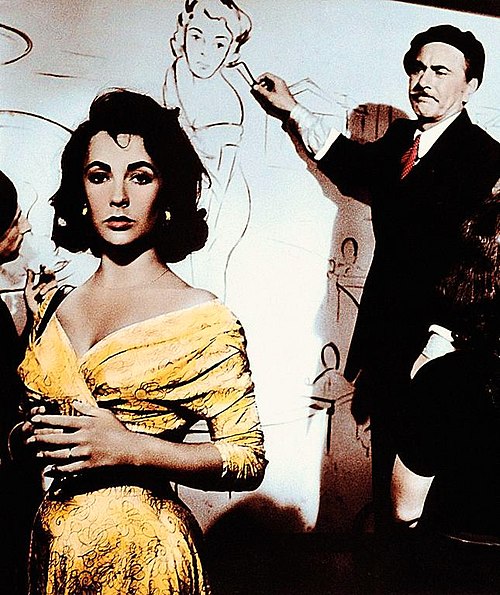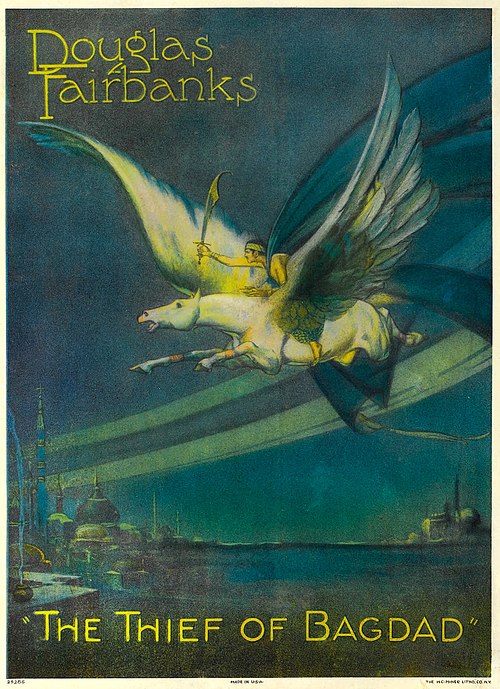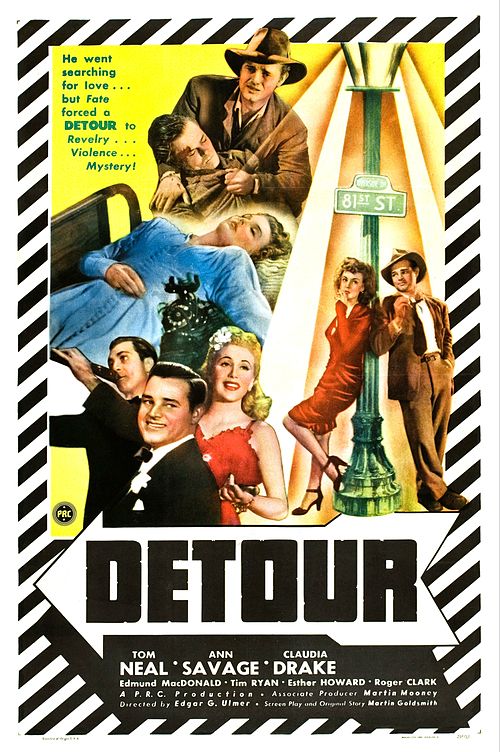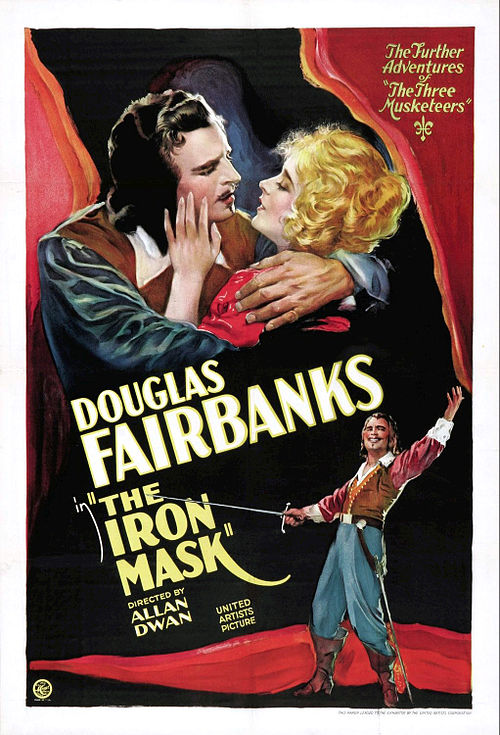Advertisement

Image source: Wikimedia Foundation (wikimedia.org)
Download Movie [Video Format: MP4]
Movie Source: Internet Archive (archive.org)
Advertisement
Advertisement
Assassin Of Youth
1937
A high-school girl gets involved with a ring of teenage marijuana smokers, not realizing that she is being framed by greedy relatives out to prevent her from getting an inheritance, and starts down the road to ruin. A reporter poses as a soda jerk to infiltrate the gang of teen dope fiends and save the clean and wholesome youth of the town from the horrors of marijuana addiction.
Assassin of Youth (1937 in film) is an exploitation film directed by Elmer Clifton. It is a pre-World War II movie about the supposed ill effects of cannabis (drug). The movie is often considered a clone of the much more famous Reefer Madness (1936 film) (sharing cast member Dorothy Short). The Thriller (genre) lects perfectly the anti-drug propaganda of its time.
Synopsis
The journalist Art Brighton goes undercover to investigate the granddaughter of a recently deceased rich woman, killed in a drug-related car crash. The girl, Joan Barrie, will inherit the fortune of her grandmother if she is able to fulfill a morals clause in the will. Joan's cousin Linda Clayton and her husband Jack will try to frame Joan to acquire the fortune themselves.The journalist tries to save Joan and dismantle the criminal gang of marijuana-dealing youths to which Linda belongs. While the newspaper tries to show the horrible dangers of marijuana to the general public, violence scales in the town in the form of obscene all-night drug parties where anything can happen.
A key concluding scene in a courtroom involves the prosecution of Joan. Just as the judge is about to pass sentence the journalist Art Brighton rushes in with evidence exposing Linda's involvement in the drug distribution. The film ends announcing Joan's engagement to Art.
Reference to article by Harry J. Anslinger
The film's title ers to an article of the same year by U.S. "drug czar" Harry J. Anslinger that appeared in The American Magazine and was reprinted in Reader's Digest in 1938. That article briefly mentions several stories from his "Gore file" of tragedies allegedly caused by marijuana. The movie's tone echoes those of Anslinger's cautionary tales.Cast
- Luana Walters as Joan Barry
- Arthur Gardner (producer) as Art Brighton
- Dorothy Short as Marjorie 'Marge' Barry
- Earl Dwire as Henry 'Pop' Brady
- Fern Emmett as Henrietta Frisbee
- Henry Roquemore as Judge George Herbert
- Fay McKenzie as Linda Clayton
- Michael Owen as Jack Howard
Controversy
The film contained some mild nudity scenes, which were subject to censorship in some cases. The movie is nowadays considered anti-marijuana propaganda, and often viewed in B movie marathons.See also
- Marihuana (film)
- List of films in the public domain
Category:1937 films
Category:Films about cannabis
Category:Exploitation films
Category:Black-and-white films
Category:Films directed by Elmer Clifton
Category:Films about journalists

